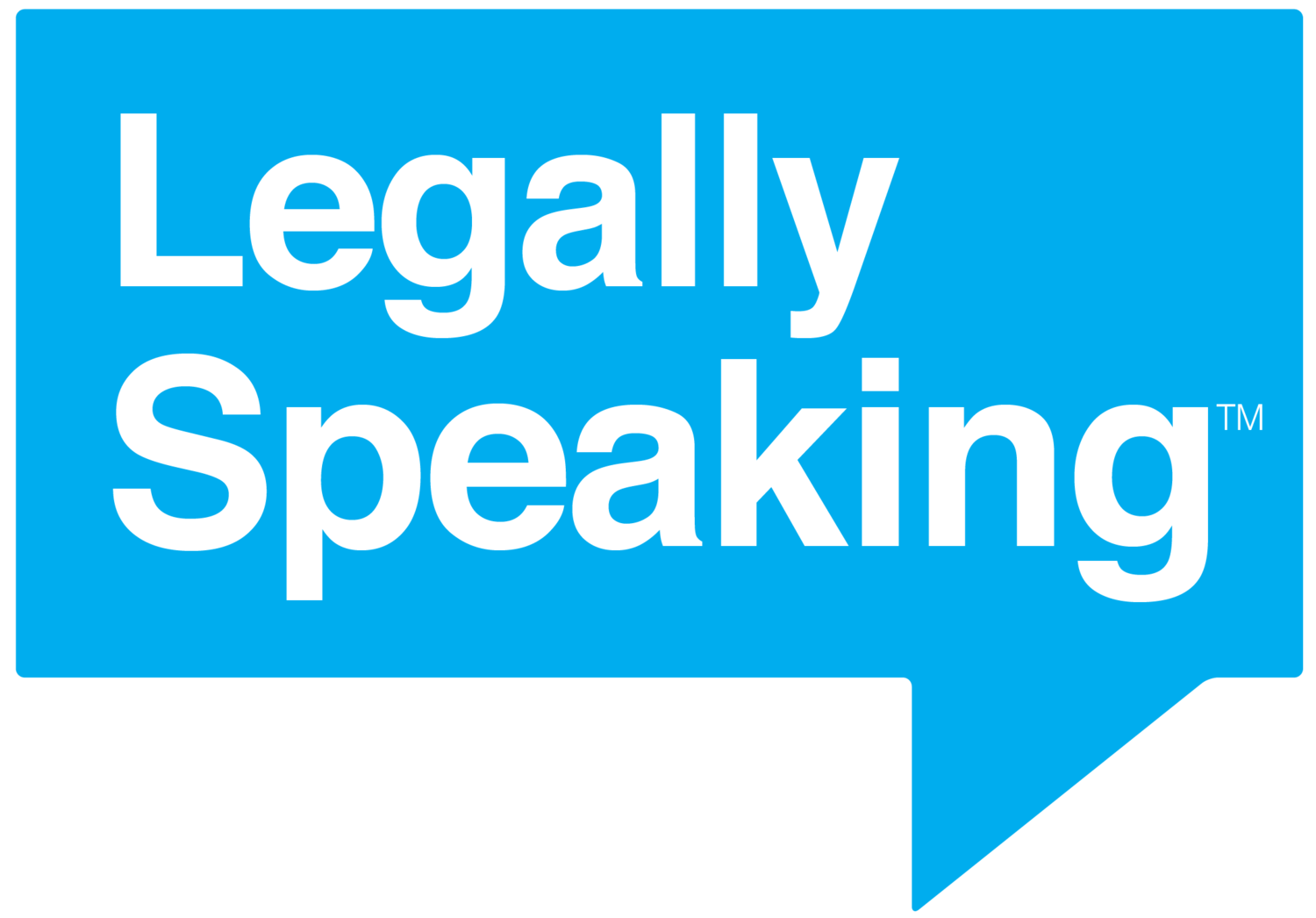When navigating through day-to-day business operations, the last thing any small business needs is a dispute to disrupt and absorb funds from positive business activities and plans. One of the most effective methods of resolving a dispute quickly, efficiently and cost-effectively is mediation.
What is mediation?
At its core mediation is a confidential formal negotiation process facilitated by an independent third-party mediator who is an expert negotiator and conflict resolver. When parties come together in good faith and are well prepared the resulting mediation can be wondrous in building bridges and finding meaningful and sometime creative solutions to resolve disputes.
Tips to get the most out of a mediation
Where parties have been unable to resolve a dispute themselves, it is worth engaging a mediator to facilitate a negotiated settlement well before proceeding down the court path.
Prepare for the mediation as you would for any commercial negotiation, focussing on the facts, reasonable outcomes and strategies to achieve these outcomes.
Many mediators will invite you to a pre-mediation meeting at least a few days before your mediation. Where possible try to attend this meeting and use this opportunity to discuss your expectations of the mediation process and any concerns you may have.
If you are comfortable negotiating by yourself then do so. Engage external support if you do not have sufficient negotiation skills or subject matter expertise to negotiate on your own or there is a power imbalance between you and the other party to the negotiation.
When engaging a lawyer to represent you at mediation, they will advise you about the legal framework within which you are negotiating and potential legal outcomes available to you. Your lawyer can provide practical advice and the advantage of their experience. However, never forget that this is your negotiation and that you have to live with the result of the negotiation. It is ultimately up to you to decide what practical negotiated outcomes make the best sense for you in your situation and whether these are realistically attainable.
Where possible keep barristers well away from the mediation room. This is not a court room – winner take all situation but rather a commercial space for negotiation. Barristers excel in court as this is what they are trained to do. While of course there are barristers who intrinsically can negotiate commercially, why would you engage someone trained for combat to assist you to negotiate commercially mutually sustainable often creative alternatives to the conflict?
Just as you would not expect to negotiate a transaction in a format that resembles ‘speed dating’ for negotiators so you should not expect to negotiate a resolution to a dispute meaningfully in one hour. Allocate a reasonable period of time for the mediation in order to be best placed to negotiate a sustainable and meaningful outcome.
Do not hesitate to test any ideas, proposals and assumptions privately with the mediator. Mediators are dab hands in exploring ideas and solutions with you.
Be open to different options and outcomes proposed as sometimes these may prove the best resolution to your dispute.
As with any negotiation, during a mediation:
You can take time out to consider your response to what has been said by the other party or mediator;
You can request time to think through the implication of any settlement offer proposed by the other party;
Do not feel pressured by the other party or mediator to accept a settlement offer and feel free to counter with your own settlement proposal; and
You can ask the mediator and the other party to reconvene the mediation at any time if you need more time to consider issues or settlement proposals.

